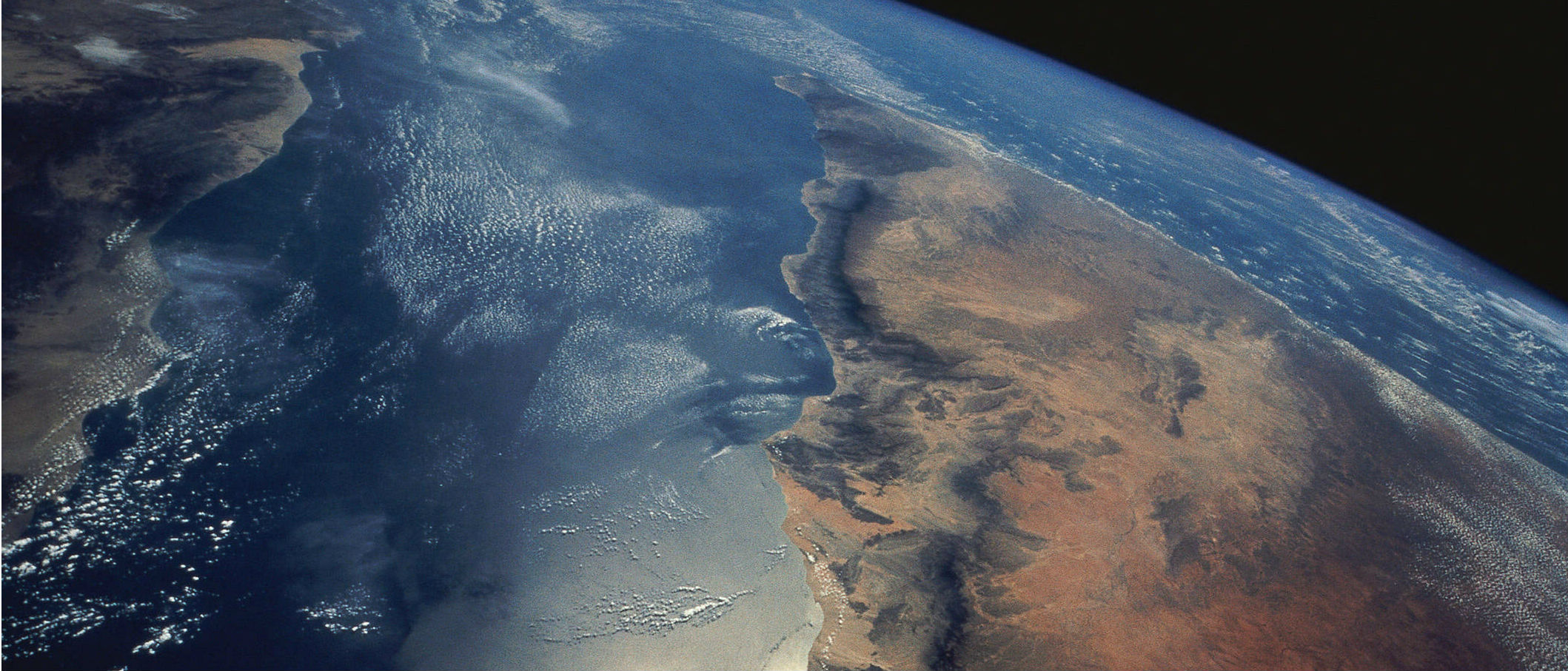What controls the Earth’s climate? Well, if we had a complete answer for that I wouldn’t have a job and it’s unlikely we would have needed another assessment of climate science from the UN’s Intergovernmental Panel on Climate Change (IPCC) this week. Still, despite the hoo-ha the central conclusion of the report is familiar: the climate is changing and human activities have played a large part.
What does the IPCC do? Can it be done better?
Like the four before it, the most recent IPCC report puts our present climate in the context of the past, and considers a range of futures. The 260 authors and 100s more contributing authors are drawn from universities and research organizations around the world. We trawl and digest the climate science research literature and come to an assessment on how much the climate has changed and what caused those changes. My contribution, like Lancaster scientist Dr Oliver Wild, was related to ozone, a greenhouse gas and air pollutant. You can read more about that here.
The report is actually part 1 of a trilogy. This one covers the science part of climate change, whereas parts 2 and 3 (due next year) cover climate change impacts and mitigating and adapting to climate change, respectively. It was part 2 that made the infamous erroneous claim about Himalayan glaciers (pdf), but referring and checking policies have been revised this time around.
Writing the report is a huge task, and perhaps moves too slowly compared to the pace of the science. To inform the assessment, research articles had to be submitted by July 2012 and published by March 2013, so excluding the large amount of research since then.
One suggestion gaining traction is to have smaller and more regular reports on specific policy-relevant climate questions. “Policy-relevant” is key here, as the idea of the IPCC is to inform decision makers and not just be an encyclopaedia for climate nerds.
How has the climate changed? Hasn’t global warming stopped?
It has certainly got warmer since the industrial revolution, and the last three decades have been the warmest since 1850 (see picture). Climate scientists are reasonably confident that these last 3 decades represent the warmest period in the northern hemisphere over the last 1400 years.
They are also reasonably confident that the surface temperature has never been more than 2°C above 1750 (pre-industrial) temperatures in the last 120,000 years, and that the levels of the major greenhouse gases (CO2, methane and nitrous oxide) are the highest they’ve been for over 800,000 years. Currently, averaged for the whole globe, we’re 0.85°C above pre-industrial temperatures.
Those paying attention to the media reports (e.g. BBC) would not have missed a key conclusion of the report: “it is extremely likely [>95% confidence] that human influence has been the dominant cause of the observed warming since the mid-20th century.”
Along with other actions, we’ve prematurely returned the carbon locked up in fossil fuels to the atmosphere, burning it to produce CO2 and short-circuiting a geological process that would take many millennia. The IPCC report is clear that “continued emissions of greenhouse gases will cause further warming” and that “limiting climate change will require substantial and sustained reductions of greenhouse gas emissions.”
You may also have noticed the discussion about whether global warming has paused, or even stopped. The global average temperature has indeed been relatively flat since 1998, so what’s going on then?
In short we don’t have anything definitive, but natural variability, volcanoes and the oceans are among the ideas invoked to explain it. Climate models (computer programs that we use to simulate climate) have similar pauses, suggesting that such pauses are not inconsistent with an overall rising temperature trend.
What are we all going to do about it?
In the spirit of climate scientists being open about where they are coming from I will say that I am broadly an old school liberal, and I am deeply suspicious of the hijacking of global change by those who seem to want a socialist utopia a la News From Nowhere. I’m also a technical optimist and, as well as emissions reductions from technological advances, we should expect that new adaptation and mitigation measures will form a large part of our response.
Still, I would say that it is very parochial to talk about benefits of climate change, and we should not ignore the risks and threats to more vulnerable societies and regions, less able to adapt and mitigate. What should we do here? Do we understand the risks? Do we have a good handle on the uncertainty? Would action compete with other development goals?
Want to delve deeper?
The final report (due January 2014) will be not much less than 1000 pages (here is the draft), and mainly serves the climate science community and other climate nerds, skeptical or otherwise about human-caused climate change.
The Summary for Policymakers is a highly-condensed version of the main report. This is a great place to start if you want an accessible summary of where we are with climate science and climate change. This document is painstakingly reviewed, line-by-line and word-by-word, by politicians and policymakers in the presence of a core of scientists who wrote the main report.
What do you think? Share your comments with us below.
Disclaimer
The opinions expressed by our bloggers and those providing comments are personal, and may not necessarily reflect the opinions of Lancaster University. Responsibility for the accuracy of any of the information contained within blog posts belongs to the blogger.


